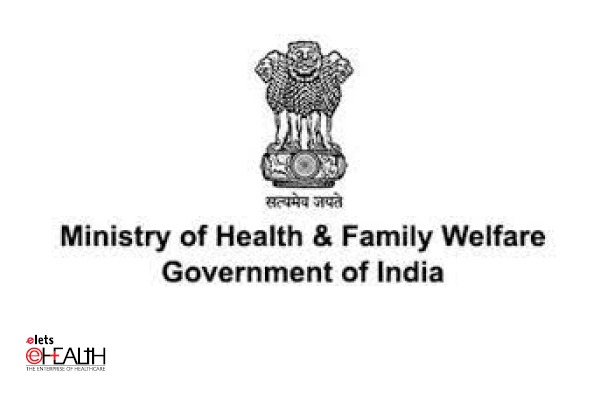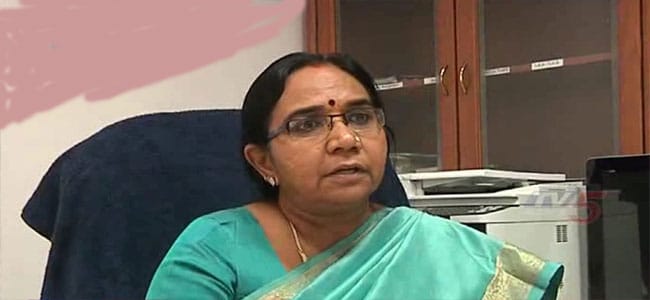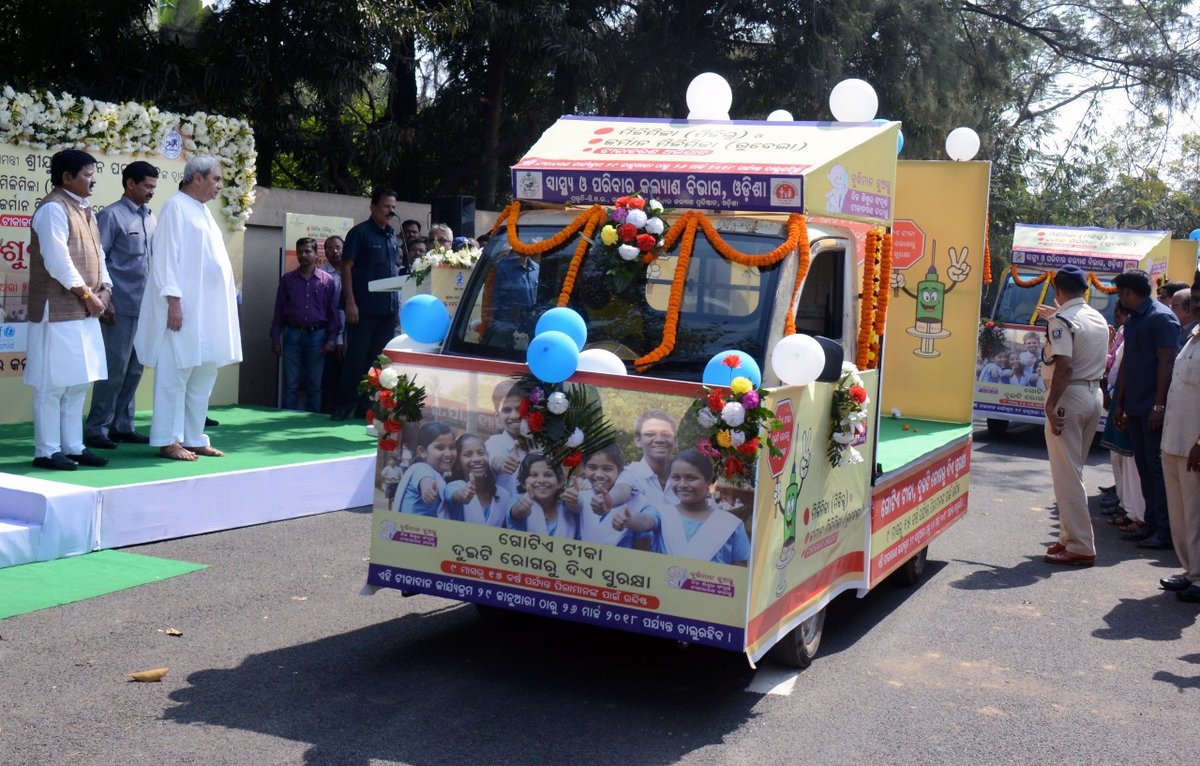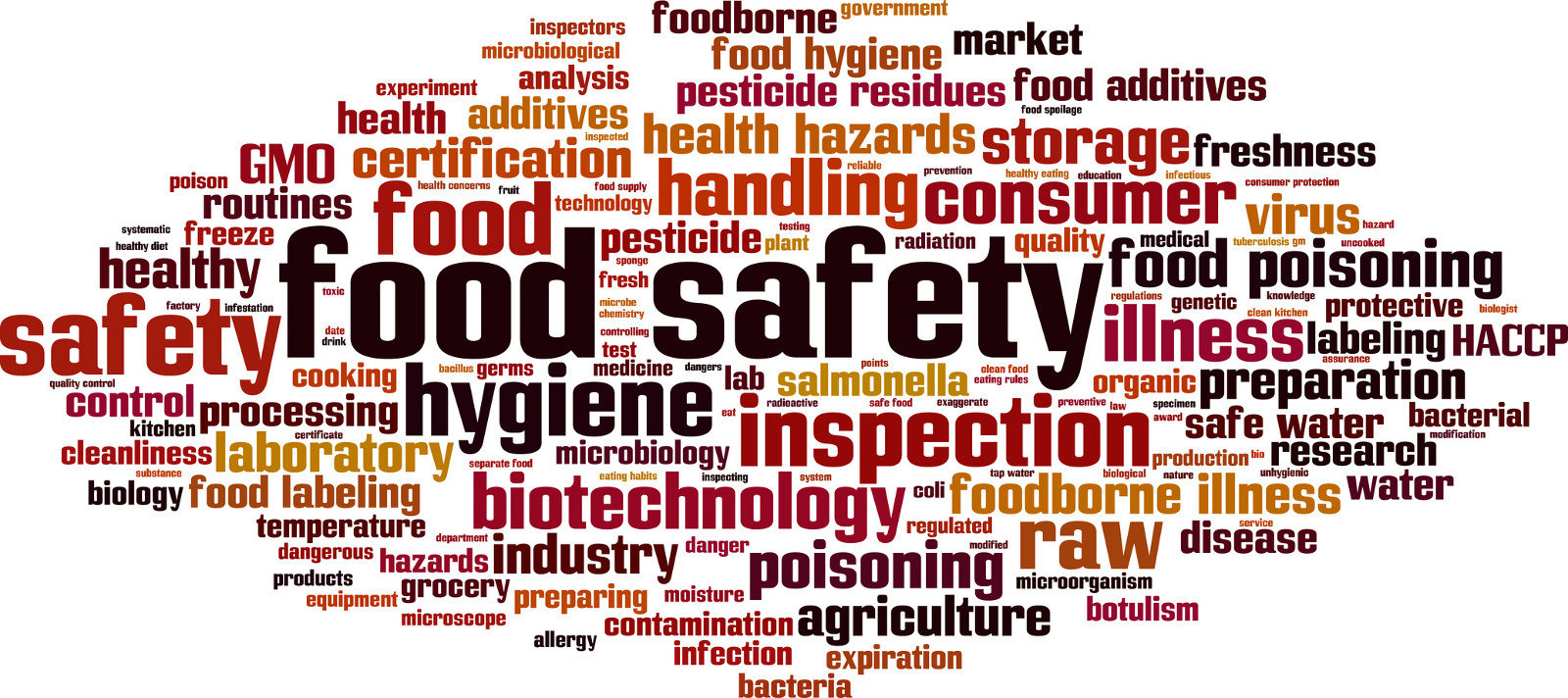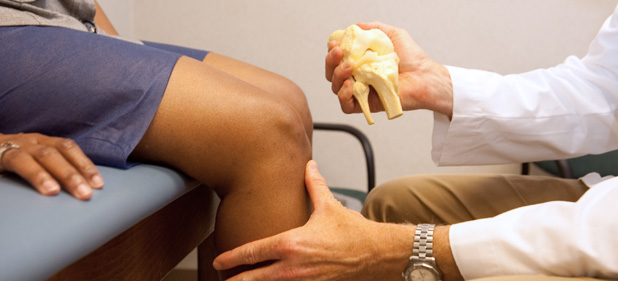Rural health facilities in Tanzania have successfully used mobile and electronic mapping technology to track and manage the delivery and stock levels of antimalarial drugs and ensure that treatments are available to malaria patients, where and when required. The Roll Back Malaria (RBM) Partnership report said the SMS for Life pilot has seen 95% of health facilities having at least one artemisinin-based combination therapies (ACTs) in stock compared with 25% who did not have any at the start. In addition, 888,000 people in the three pilot districts were shown to have access to all malaria treatments at the close of the pilot, compared with 264,000 people at the start, according to allafrica.com. The SMS about detailed stock levels sent through the system allows district medical officers to redistribute lifesaving malaria treatments to where they are most needed, as well as coordinate emergency deliveries to health facilities if necessary, thus saving the lives of malaria patients and their families. The pilot involved a public-private partnership with the RBM Partnership, Novartis, Vodafone, IBM and the Tanzanian Ministry of Health and Social Welfare ran from September 2009 to February 2010 and covered 129 health facilities and 226 villages in three districts in Tanzania-Lindi Rural, Kigoma Rural and Ulanga.

Be a part of Elets Collaborative Initiatives. Join Us for Upcoming Events and explore business opportunities. Like us on Facebook , connect with us on LinkedIn and follow us on Twitter , Instagram.


